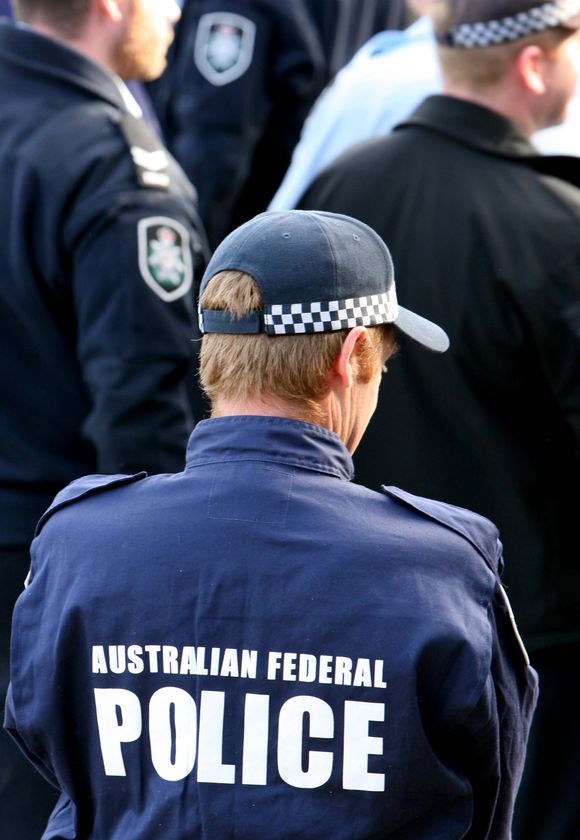Report calls for AFP changes
 A report has found community confidence in the AFP has suffered in the wake of media raids and leaked information.
A report has found community confidence in the AFP has suffered in the wake of media raids and leaked information.
The review (PDF), by former Australian Crime Commission head John Lawler, found that the way the AFP investigated media reports about national security matters did not wash well with the public.
AFP Commissioner Kershaw acknowledged the AFP could have managed the investigations better.
“We may have been able to improve some of our communication and expectations of what is going to occur,” he said.
“I always think that's probably an area we can improve in. And I have acknowledged that perhaps some of our communication could have been better in those matters.
“I think, as police, we're always wanting to improve, and I don't think there's anything wrong with that.”
He did not comment on the potential ethical problems with raiding the media for exposing the truth of Australia’s conduct at war.
The review by Commissioner Lawler provided 24 recommendations for change, including;
- structural and governance change to create an escalation model for the AFP to better manage sensitive investigations
- a formalised definition of what constitutes a “sensitive investigation’
- scrapping the terms ‘evaluation’, ‘assessment’ and other potentially ambiguous terms relating to AFP referrals, complaints or investigations, replacing them all with ‘under investigation’
- cultural reform to ensure appropriate consistency in cultural perceptions regarding investigations within the AFP
- support to develop investigator skills, knowledge and judgement
- the introduction of a risk-based approach to managing referrals/complaints into the AFP
- ensuring the Commissioner’s redefined discretion to accept or reject referrals for investigation is delegated where necessary
- working with federal bureaus on a systematic approach to sensitive investigation referrals for all Commonwealth departments and agencies
- promulgating governance documents regarding sensitive investigations within the Australian Public Service, within the Federal Parliament, and publicly through the AFP’s website
- an audit in the first half of 2020, to ensure the Commissioner’s direction to senior managers to review internal governance has been adhered to
- an assessment of whether risk and audit functions should be amalgamated within the AFP, and to have the AFP’s Audit Committee to commence a process of regular monitoring to ensure the options agreed by the Commissioner are fully implemented
- the re-establishment of a centralised oversight of the AFP governance framework to ensure the governance framework is current, maintained and fit-for-purpose
- reinvigorating the use of Police Real-time Online Management Information System generated management significant case note entries, with strict adherence to their use mandated
- revival of the AFP Operations Coordination Centre (AOCC), monitoring all referrals and applying an agreed risk framework including assessing whether any referral should be treated as a sensitive investigation, and staffing the AOCC 24 hours a day, 365 days a year with appropriately trained and experienced senior employees, including consideration of members from AFP Legal
Commissioner Kershaw seems amenable to some change.
“It's a great opportunity for change and reform in those areas,” said.
“We're setting up a new senior executive board that looks at those sensitive matters so that we, as an executive, have full coverage of the sensitive investigations and whether or not they've got enough resources, or the timelines are met … and so on.
“So it's a broader definition. It sort of recognises the complex work and the complex environment we're now operating in.”
Commissioner Kershaw insists that the AFP remains independent and has not been politicised.
“As police … we follow the evidence and we gather evidence. I'm able to operate independently, as my officers are, and we haven't had any sort of political interference,” he said.
“We want to make sure that we focus on crimes, which is what we're here to do, enforce the law. And that's the lane that we need to stay in.”
ABC managing director, David Anderson, has called for explicit protections for journalists and whistleblowers.







 Print
Print